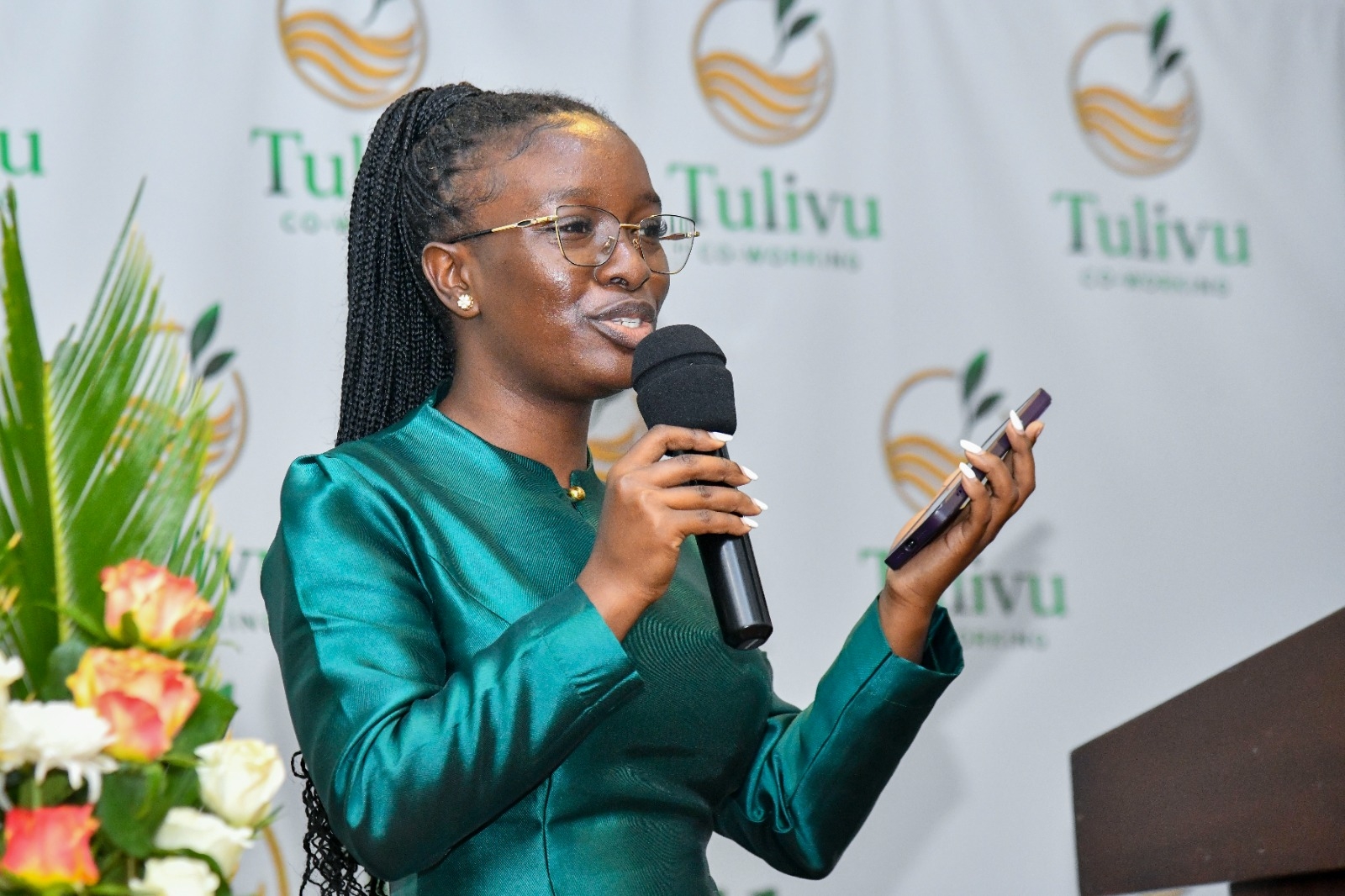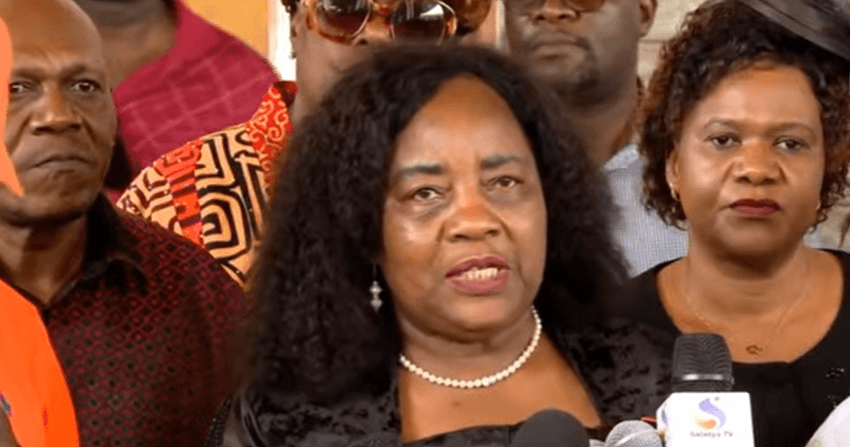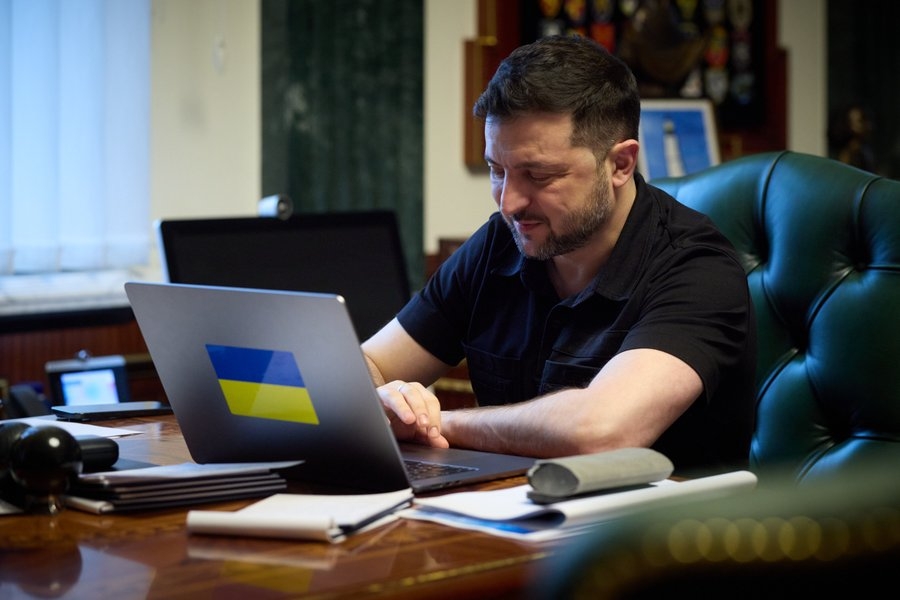The National Assembly and the Senate proceeded on a short recess on May 4.
However, committees continued with scheduled business under their consideration between May 8-12.
Shakahola probe panel.
During the plenary sitting of April 27, the Senate approved a Motion by Majority Whip Boni Khalwale that sought to establish an Ad-hoc Committee to investigate the proliferation of religious organisations in Kenya.
The committee is also to investigate the circumstances that led to deaths in Shakahola, Kilifi.
The committee, chaired by Tana River Senator Dunstan Mungatana, formally started public hearings on the matter on May 10.
Attorney General Justin Muturi was the first to appear before the committee.
Muturi told the committee that weaknesses in the law and Kenya’s democratic credentials are the reason why the State has failed to rid the country of religious groups that run afoul of the law.
He said the Societies Act, which regulates the sector is old and mundane and pleaded with Parliament to work with the executive to amend the law. The Act was enacted in 1968.
“The Act that allows for registration of such groups is loose. It was enacted over 50 years ago and it is not fit for purpose because there have been major developments ever since then,” Muturi said.
The committee members will visit Shakahola as part of the inquiry.
Also expected to appear before the committee are Interior Cabinet Secretary Kithure Kindiki, religious organisations, and residents of Shakahola.
Members of the public who feel they have information useful to the committee have been asked to submit their views.
The committee will carry out an audit of the legal and registration framework for religious organisations in the country.
It will further develop a legislative proposal on regulating religious activities and make any other recommendation that will prevent religious organisations from extreme indoctrination of their followers including radicalisation, and spiritual and financial exploitation.
Its reports would come up with far-reaching legislative recommendations to seal loopholes in order to avert recurrence.
Cost of Power shock
During the week, on May 9, a Senate panel probing the high cost of electricity put a state agency on the spot for selling power to Kenya Power in US dollars.
The Energy committee put to task the management of Rural Electrification and Renewable Energy Corporation for exposing the consumers to the high cost of power.
REREC owns Garissa Solar Power which is one of the independent power producers that have signed a contract with Kenya Power for the supply of the commodity.
The firm sells a kilowatt of power per hour at US $5.49 cents.
Currently, KPLC owes REREC Sh5.8 billion for 14 invoices raised by the firm.
Migori County Government probe
Another committee of the Senate directed the Ethics and Anti-Corruption Commission (EACC) to investigate how Migori County Government transferred Sh78 million to the County Assembly and how the funds were utilized.
In the county’s financial statements, the statement of receipts and payments reflects an amount of Sh1.27 billion in respect of transfers to other government entities.
It includes Sh1.03 billion which is indicated as Transfers to the County Assembly of Migori.
However, the financial statement of the County Assembly of Migori reflects Sh958 million resulting in an unreconciled and unexplained variance of Sh78.8 million.
“This is outright theft of public funds amounting to Sh78 million. The money seems to have disappeared between County Assembly and County Executive,” County Public Accounts Committee chair Moses Kajwang’ said.
The National Assembly and the Senate will resume from the short break on June 5 and May 23 respectively.
















